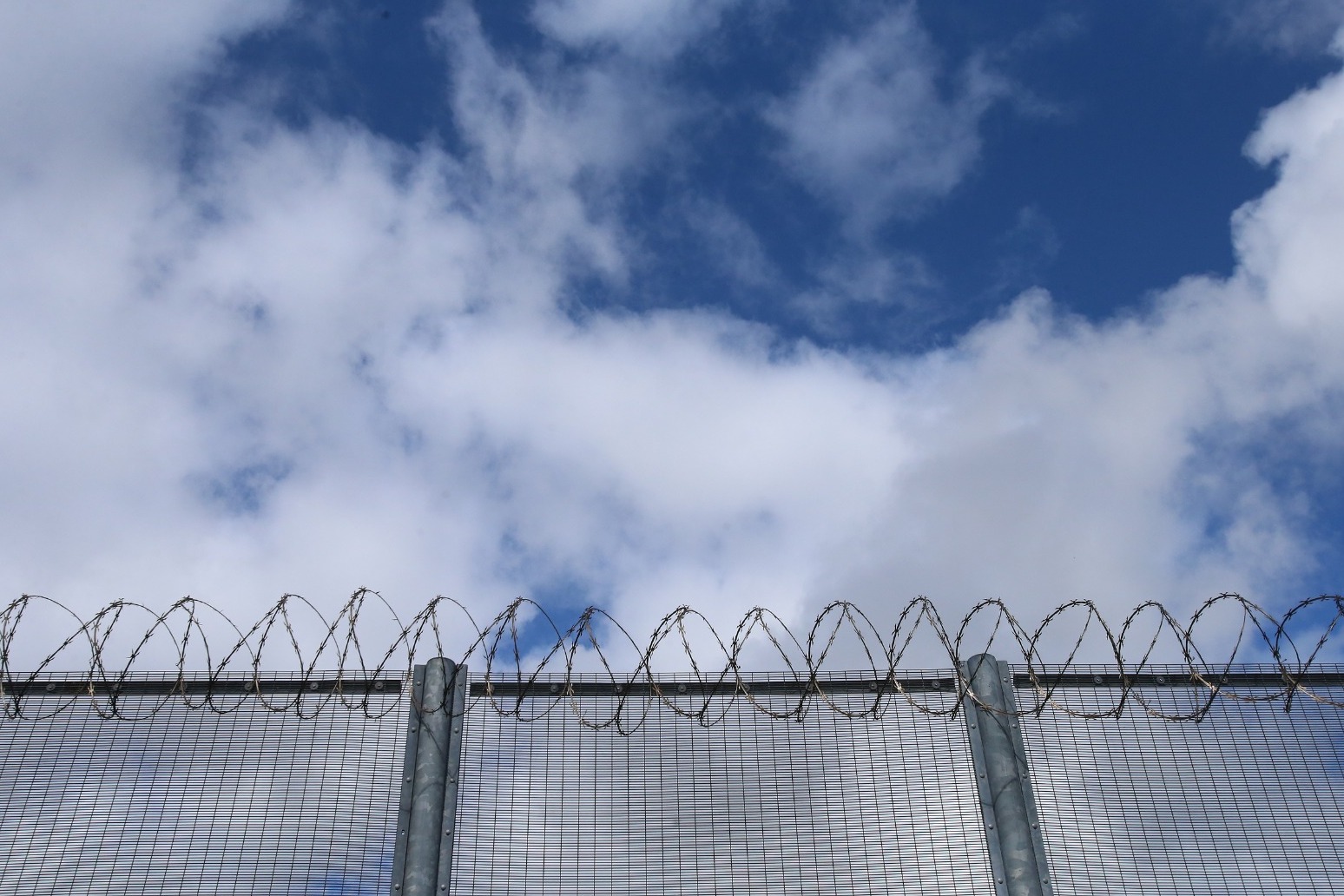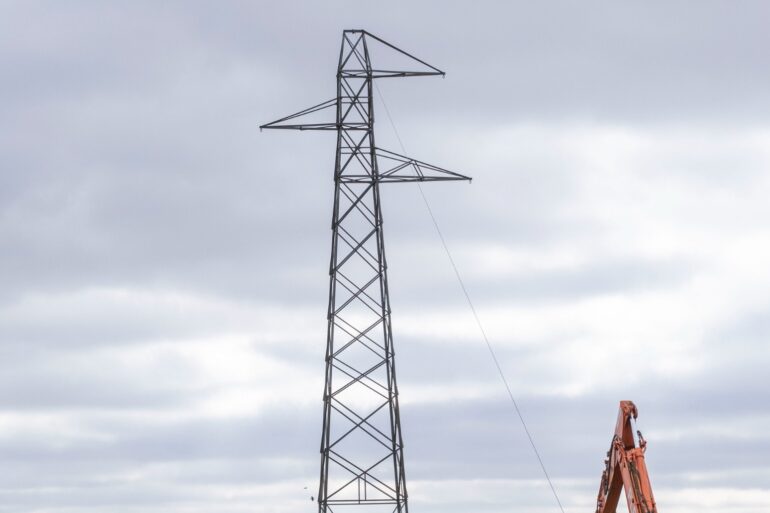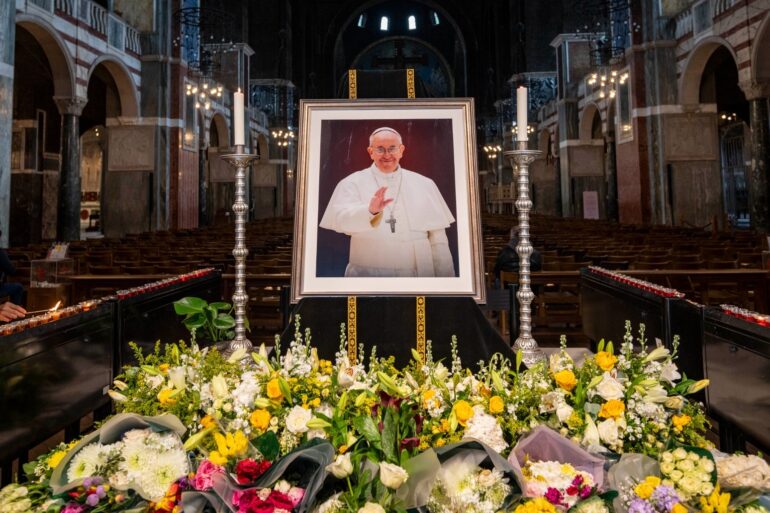-
 play_arrow
play_arrow
Kl 1 Radio Local radio for west Norfolk
-
 play_arrow
play_arrow
KL DISCO KL Disco Playing Disco Music from the 70's onwards.24/7
-
 play_arrow
play_arrow
KL COUNTRY KL COUNTRY Playing New and Classic Country Music 24/7
-
 play_arrow
play_arrow
KL ROX KL ROX The best of New and Classic Rock.24/7
-
 play_arrow
play_arrow
KL SUMMER Summer Vibes 24/7 from KL1 Radio across West Norfolk
-
 play_arrow
play_arrow
KL CLASSICAL Your Symphony Starts Here
-
 play_arrow
play_arrow
KL CHILL Just Chill!
-
 play_arrow
play_arrow
KL POP The Best POP Hits all day Long!
-
 play_arrow
play_arrow
KL XTRA KL XTRA
music_note

Drones dropping drugs and weapons to dangerous prisoners being held in high-security jails are a “threat to national security”, a watchdog has warned.
Chief inspector of prisons Charlie Taylor accused the police and Government of giving up control of the airspace above HMP Manchester and HMP Long Lartin as he called on them and the security services to “urgently confront” activity from criminal gangs behind the supply.
Publishing findings on Tuesday after inspections at the two prisons in September and October, he raised serious concerns over safety and basic security, describing the jails as having “thriving” drug economies with nets and CCTV being allowed to fall into “disrepair”.
The scale of the problem at HMP Manchester, previously known as Strangeways, included inmates burning holes in windows to receive drone deliveries and prompted Mr Taylor to last year tell the Justice Secretary to put the prison into emergency measures.
Mr Taylor said: “It is highly alarming that the police and prison service have in effect ceded the airspace above two high-security prisons to organised crime gangs which are able to deliver contraband to jails holding extremely dangerous prisoners, including some who have been designated as high-risk category A.
“The safety of staff, prisoners and ultimately that of the public is seriously compromised by the failure to tackle what has become a threat to national security.
“The prison service, the police and other security services must urgently confront organised gang activity and reduce the supply of drugs and other illicit items which so clearly undermine every aspect of prison life.”
The Ministry of Justice (MoJ) promised improvements including a crackdown on drugs after Mr Taylor found there to be “catastrophic levels” present at the category B prison in Manchester which can hold more than 700 men, including a handful of the “most disruptive” and high-risk prisoners under close supervision.
“The number of weapons and other illicit items found in recent months was among the highest of all prisons holding adult men and the proportion of prisoners testing positive for drug use was very high at 39%,” the report said.
Meanwhile, the findings on Long Lartin told of drones carrying “large payloads of illicit items” into the category A Worcestershire prison.
Holding almost 600 inmates, including those mainly serving life sentences and “some very dangerous men”, the number of drugs and phones coming into the jail was a “serious concern”.
More than 50% of prisoners told inspectors it was “easy” to get drugs and alcohol, which the watchdog branded an “astonishing rate” for a high-security jail, according to the report.
The latest warning comes after Mr Taylor likened another high-security jail, HMP Garth in Lancashire, to an “airport” because there were so many drones flying in drugs.
And a report from Independent Monitoring Boards (IMB) – made up of volunteers tasked by ministers with scrutinising conditions in custody – into “crumbling” jails in England and Wales said delays in fixing broken prison windows was making it easier for drones to be used to deliver drugs and weapons.
In December, MPs heard contraband was being taken into HMP Parc in South Wales in “children’s nappies”, while there were “industrial specification drone drops” from organised crime gangs.
Andrea Coomber, chief executive of the Howard League for Penal Reform, said: “These appalling inspection reports are a warning that problems in prisons spill out into the towns and cities around them.
“A system that has been asked to do too much, with too little, for too long is now so compromised as to become a threat to national security.”
Pia Sinha, chief executive of the Prison Reform Trust, described the infiltration of criminal gangs in prisons as a “serious and worrying development”, arguing giving more power to governors to update security equipment and recruit staff as well as focusing on rehabilitating inmates would reduce demand for drugs.
An MoJ spokeswoman said: “This Government inherited prisons in crisis – overcrowded, with drugs and violence rife.
“We are gripping the situation by investing in prison maintenance and security, working with the police and others to tackle serious organised crime, and building more prison places to lock up dangerous criminals.”
Published: by Radio NewsHub

Similar posts
Upcoming shows

80’s ’til 8
7:00 pm - 8:00 pm

John Atkins – Sunday 60’s and 70’s
8:00 pm - 11:00 pm

Night Trax
12:00 am - 7:00 am

Paul Baker – KL1 Breakfast
7:00 am - 10:00 am

Chris Fisher – KL1 Mornings
10:00 am - 1:00 pm
Message Us
Copyright The Mediasite UK - 2025








